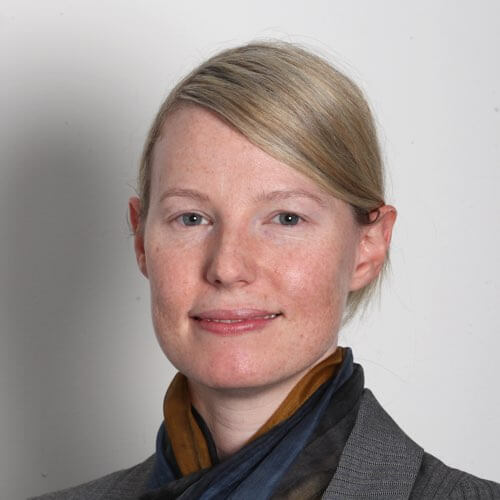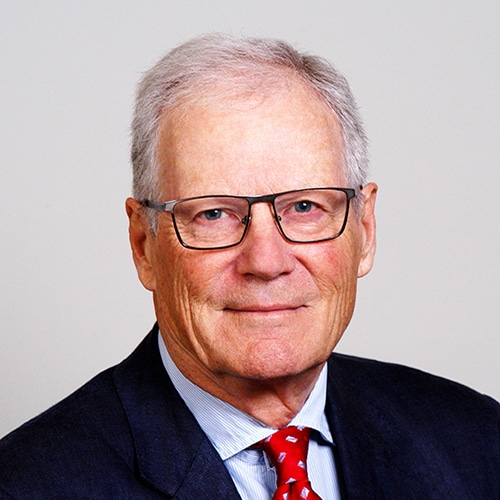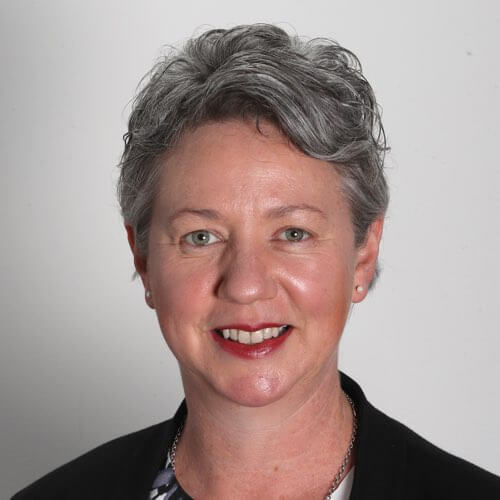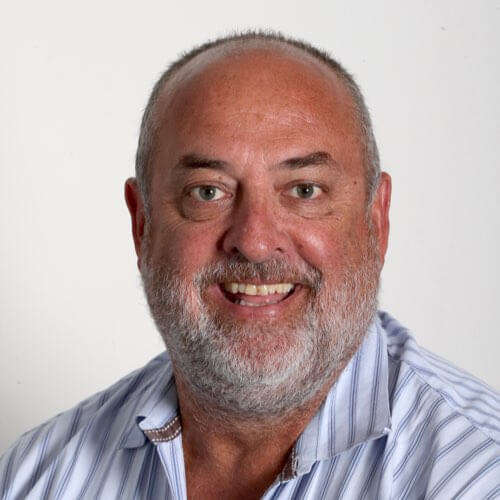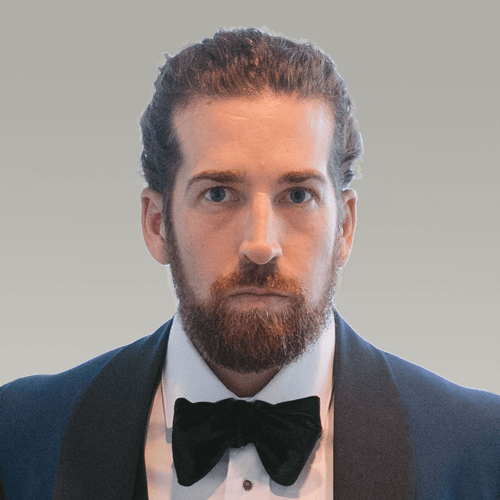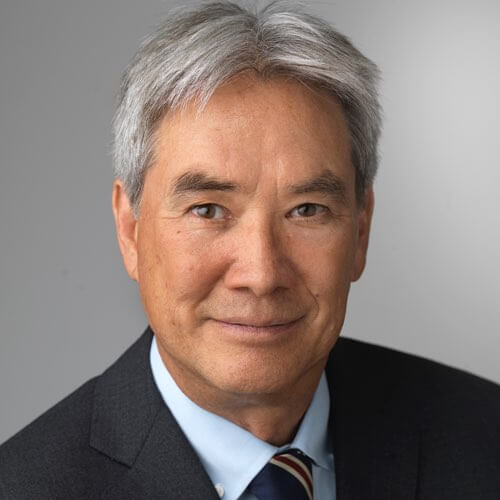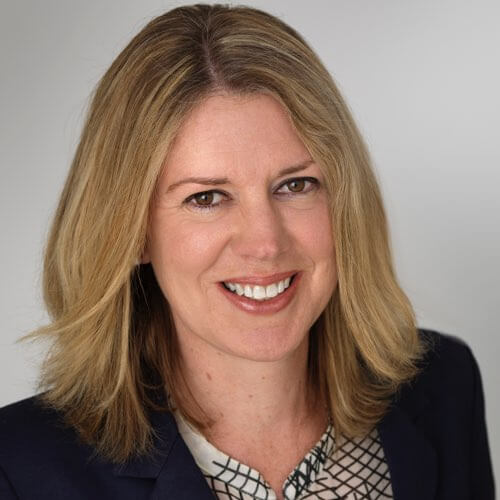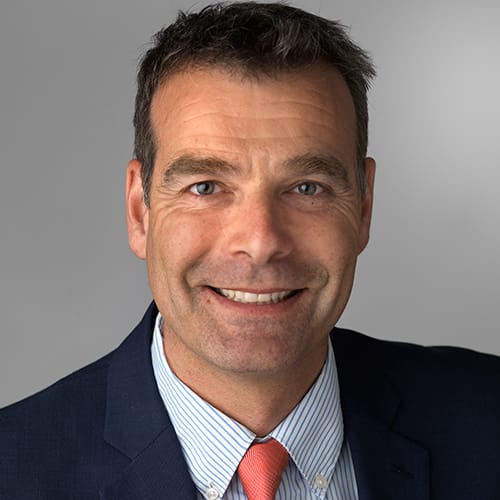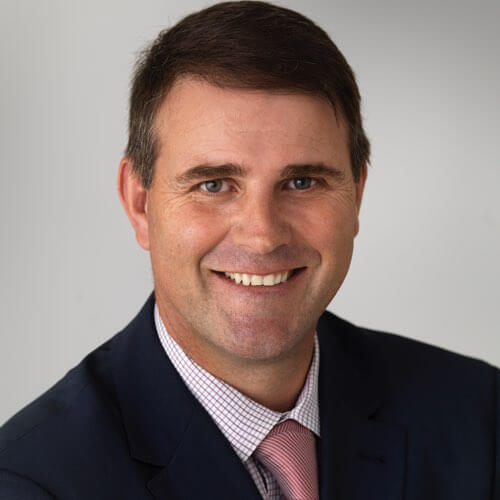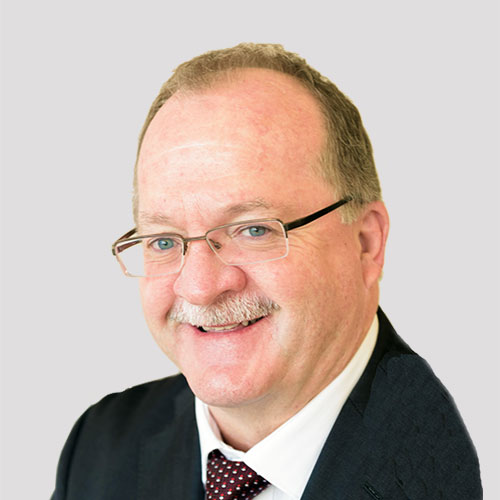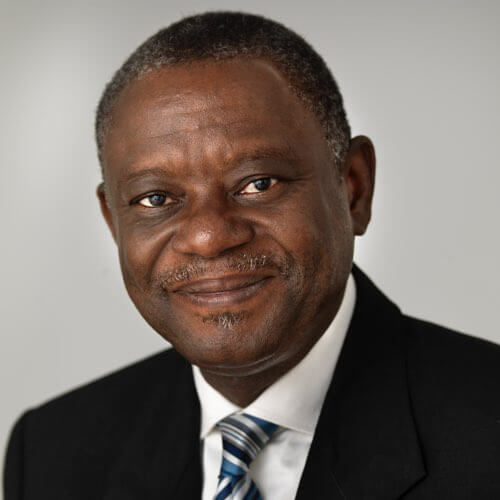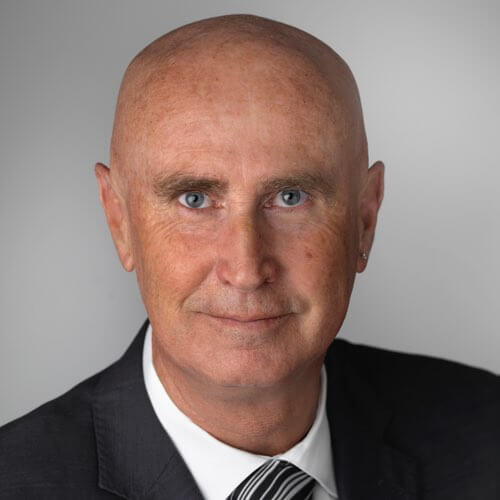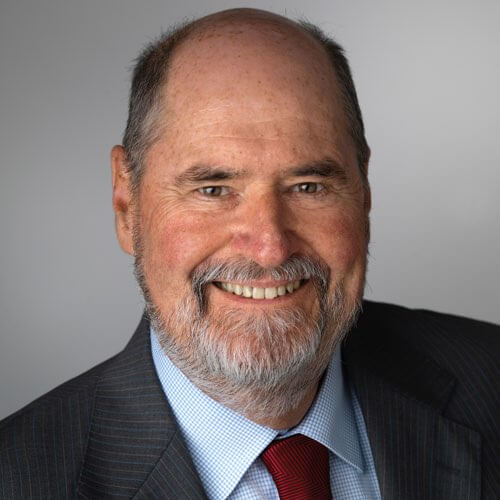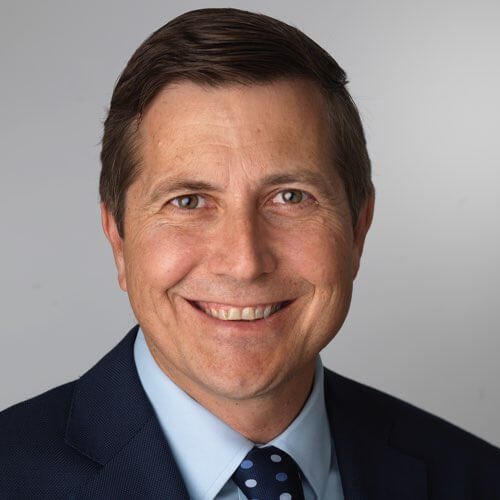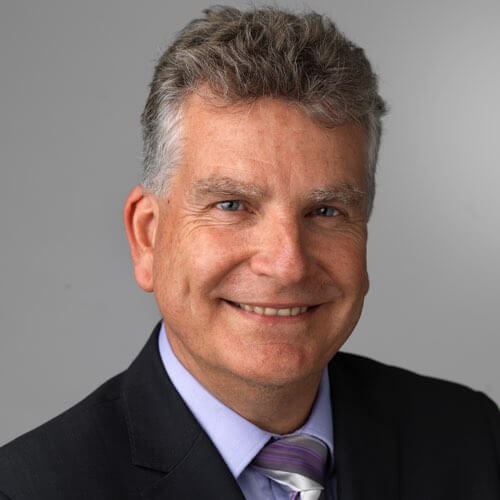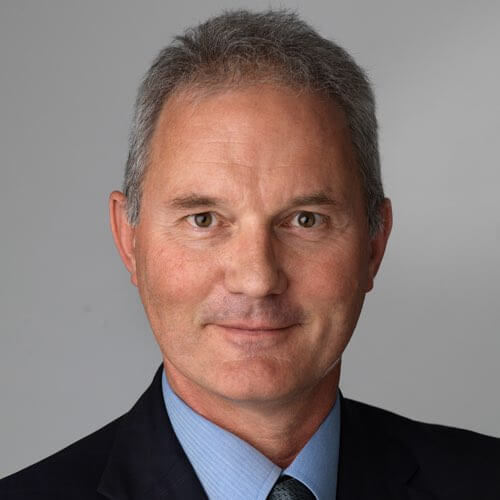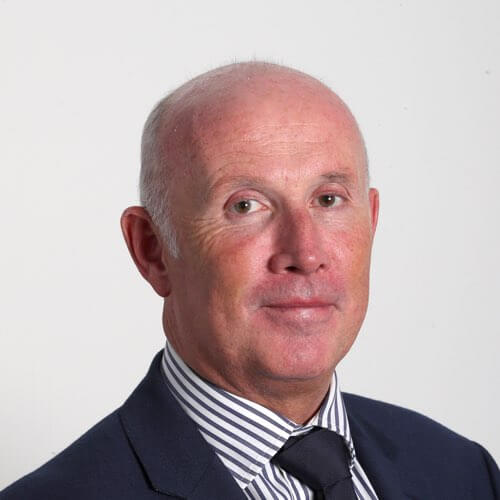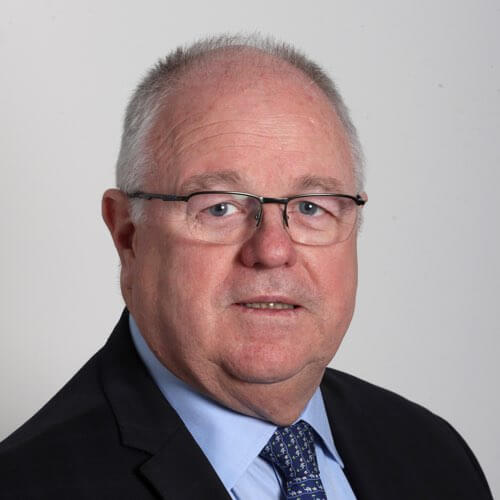Community
The success of our business depends on our ability to maintain a social licence to operate and demonstrate value creation for local communities and host Governments.
We seek to work as a trusted partner with community and government, respecting local culture and manage risks and opportunities associated with our activities to deliver enduring prosperity and lasting benefits through investment, community development, capacity building and social infrastructure improvement.
Operating in West Africa has unique challenges but also presents compelling opportunities for our communities and our business. Community investment has potential to deliver more material benefits to our communities than similar investments in developed countries.
Approach
Working with communities
Perseus is committed to fostering enduring relationships and partnerships with our community stakeholders and has established direct and regular two-way communication with our communities using a variety of forums, tailored to meet their unique needs. Our operations have a number of communities in close proximity and each community is different in their backgrounds, cultures, religions, beliefs, education, expectations and needs.
Our approach to managing the risks and maximise the opportunities for our communities is centred on three pillars:
1. Community engagement
2. Social risk and impact management
3. Maximising local benefits.

Community Engagement
We believe continuous dialogue with our communities is critical to the early identification and mutual understanding of potential issues. It also helps to ensure all employees and contractors recognise and respect the value of cultural heritage and diversity.
Our operations have a number of communities in close proximity. Each is different in their backgrounds, cultures, religions, beliefs, education, expectations and needs. We have established direct and regular two-way communication with our communities using a variety of forums, tailored to meet their unique needs.
We have also established grievance processes that aim to ensure fair, equitable and timely resolution. Complaints can be lodged in person at our community information centres, via our Community Relations Liaison Officers or by email.

Social Risk and Impact Management
We seek to work in partnership with our communities to identify and manage social risks. Using a formal Environment and Social Impact process, each operation maintains a Community Management Plan to assess and manage social risk.
As our activities may require physical relocation of homes or displacement of business activities (i.e. agriculture), land access and resettlement are a material issue for both Perseus and the communities nearest our operations. While we aim to avoid the need to resettle people, in some situations resettlement is necessary to deliver on our commitments and operational plans. Our comprehensive Land Access and Resettlement Policies and Procedures support our operational teams and the community through the process when required.
When it is unavoidable, responsibly undertaking resettlement is one of the many means by which we can positively contribute to the long-term progress of our communities, with our central goal to leave communities better off.
Maximising Local Benefits
Perseus is committed to maximising our contribution to our host communities and countries. We achieve this through community investment, local employment, providing skills-based training, and establishing local procurement programs, focusing on supply chain development.
Beyond these benefits, our economic contribution to our host countries includes payment of local salaries, and taxes and royalties to Government.
Community Investment and Development
Perseus seeks to invest in our communities by providing funding for the development of key infrastructure projects and social programs.
Beyond our host countries’ Government regulations that require us to contribute to community development funds at each of our operations, managed in partnership with community leaders, we also provide discretionary in-kind support and donations. These support social development, cultural events and sporting activities including livelihood and agricultural projects, health, education and other social infrastructure, and health and education supplies.
One highly successful initiative is a series of regular local football competitions established for both our Edikan and Sissingué communities, which has significantly supported social cohesion and goodwill.
We continue to invest in community development, increasing our contribution in FY23 to about US$4 million.
Case Study: Improving the Health and Wellbeing of our Sissingué Communities
Côte d’Ivoire is one of Africa’s fastest growing economies and is now recognised as West Africa’s economic hub. Yet the country continues to lag behind less-developed countries across a range of social, health and development indicators. As recently as 2018, Côte d’Ivoire ranked 162 out of 189 countries on the United Nations Human Development Index, which measures health, longevity education and standards of living. Up to 50 per cent of Côte d’Ivoire’s population lives in poverty and around 20 per cent suffer from chronic acute malnutrition.
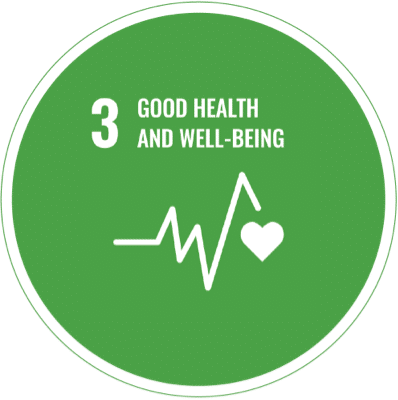
The need for access to essential services is particularly acute in rural areas where the absence of adequate healthcare facilities discourages medical professionals from servicing these communities. Large proportions of the rural population in the dryer, subsistence-farming based regions – such as communities surrounding Sissingué – are living beneath the poverty line. Most are unable to obtain essential medical advice and assistance to manage the challenges posed by malnutrition, and infectious diseases such as malaria, tuberculosis, HIV/AIDs, and more recently, COVID-19.
Ensuring the wellbeing of our employees, their families and wider communities has always been a priority for Perseus’s work in West Africa. Over the past two years, we invested more than US$600,000 from the Sissingué Development Fund to provide critical healthcare infrastructure for medical professionals in order to help improve the wider societies’ health outcomes and prosperity. We built new health clinics in the villages of Sissingué and Doubasso, which previously had no available medical facilities. We upgraded the facilities at Kanakono and completed construction of the clinic at Gbeni, which had stopped six years ago when the community ran out of funding. Laboratory facilities have also been constructed at each of the clinics, as well as accommodation for medical professionals.
With a combined catchment of 27,000 people, the new clinics will deliver much needed healthcare support to our Sissingué communities.
Alongside establishing the healthcare facilities, we have also focussed on education and drinking water facilities in the region. We have completed the construction of school classrooms in Zanikan, Ziekoundougou, M’basso kadile, Tialaka, Papara and Sissingué, and provided essential school supplies. We installed boreholes in the villages to improve access to clean water and sanitation.
In line with our commitment to harnessing local talent and amplifying the social benefits of our activities in the region, we have used local contractors for construction of all projects where possible, providing employment opportunities and enhancing their economic and social mobility.
All of our projects are designed and planned in close partnership with all our local communities at Sissingué to maximise the social value we are creating for our regions in which we operate, as we advance progress towards the UN SDGs and endeavour to achieve positive change.
Local employment and procurement
We are committed to providing employment, skills-based training and promoting business opportunities to the communities in which we operate as a priority.
All unskilled and skilled labour is first sought from local communities, including provisions for women and other potentially excluded groups. This is also required from our key contractors, ensuring employment opportunities are maximized.
Procurement programs are in place to maximise local and regional content by creating partnerships and prioritising local businesses, supporting their sustainable growth and capacity building.
Since the commencement of our operation at Edikan, we have worked together with our local suppliers to build their capacity, capability and performance. We are proud that today all our major goods and services are provided by Ghanaian contractors, including our mining contactor, catering, in-country logistics, fuel and security services. A large portion of our consulting services are also locally sourced.

We have replicated this successful approach in Côte d’Ivoire, supporting the country to build its maturity as a self-sustaining mining jurisdiction. Across Ghana and Côte d’Ivoire, our proportion of local procurement in FY23 was more than 79 per cent, or~US$382 million.


